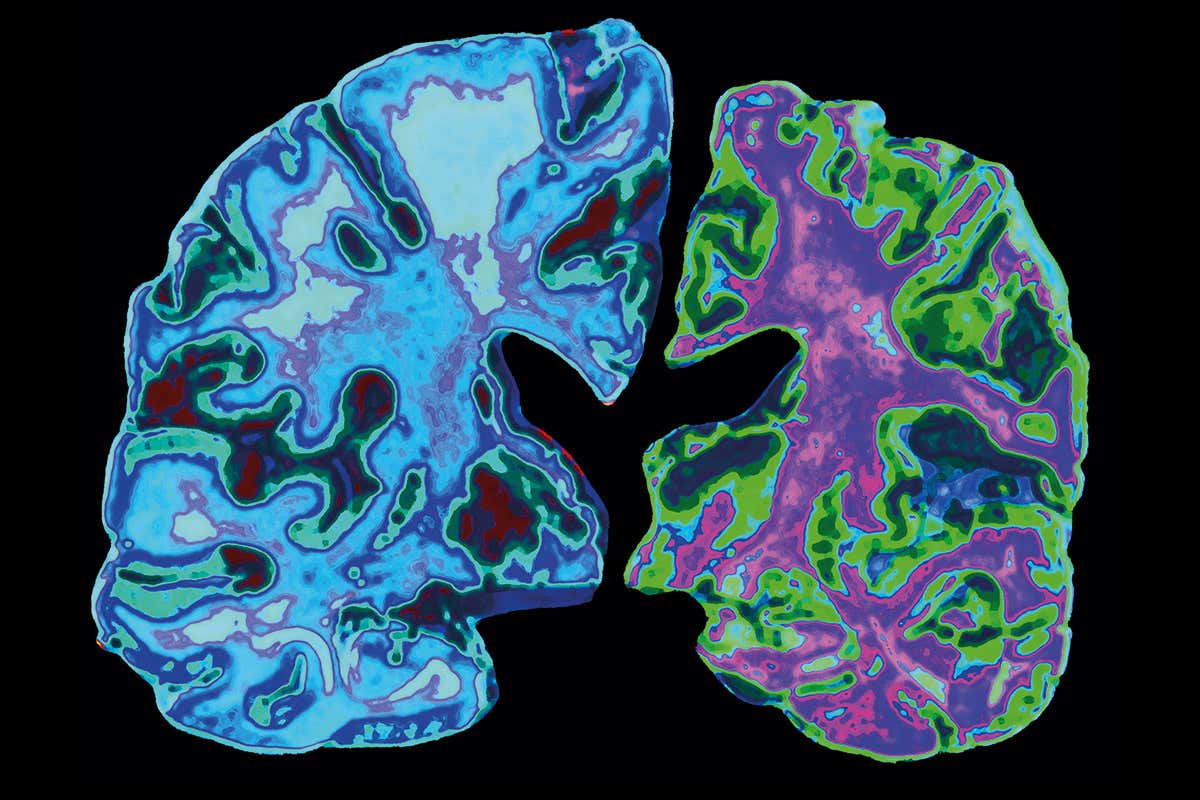Alzheimer’s disease is the most common type of neurological disorder. This mostly affects individuals above 65 years of age. The main cause of this disease is the abnormal build-up of proteins in and around brain cells. The person who suffers from this loses the capacity of carrying out simple routine tasks, thinking skills, etc. The sufferers will have feelings of loneliness, depression, fear, anger, and anxiety. Although there are several treatments available for this disorder, there are fewer chances to get complete recovery. The patient needs to be given proper mental stimulation, diet, and exercise throughout the lifetime. Alzheimer symptoms can be reduced to a small degree by some medical treatments as well.
Who suffers the most?
The primary factor to be considered is age. An individual has a high risk of suffering from Alzheimer’s like age increases. According to various studies and reports, people who are above the age of 65 are more likely to suffer from Alzheimer’s. Some people may also suffer in their early forties and the children of this group have 50% risk of developing this disorder. Other than aging, some of the risk factors include diabetes, high blood cholesterol, high blood pressure, and coronary artery disease.
Symptoms
The symptoms at the beginning are slow and gradual. With the advancements, the problems associated arise and the patient develops difficulty in thinking and intellectual impairments. Behavioral changes also take place. They slowly develop the inability to carry out the daily routine works and office works. This condition will become even worse before the death of the patient.
Warning signs
Some of the warning signs that can help to diagnose Alzheimer’s disease include:
- Memory loss
- Difficulty in performing day-to-day activities
- Decreased judgment ability
- Misplacing things
- Mood fluctuation
- Problems with language
- Inability to recall the current events
- Forgetting time and place
- Incapability to make decisions
Diagnoses
People who have symptoms of dementia are more like to get diagnosed with this disorder. Some other diseases like brain tumors, blood clots, strokes, etc. can also lead to this neurological disorder. Some of the medications that are used for treating bladder urgency, steroids, excessive alcohol intake, thyroid dysfunction, etc. can be responsible for dementia. There is no specific blood test or imaging technique is available to diagnose Alzheimer’s disease. A number of disorders are often confused with this type of disease. However, there are three procedures followed to diagnose which include psychiatric evaluation, neurological examination, and medical workup. The research on perfect diagnosis is still going on.
Treatment
There are two types of treatments are in use that include medication and non-medication treatments.
- Non-medication treatment – Social activities like walking, dancing, singing, etc. are helpful in treating the patient who suffers from psychiatric symptoms like depression, anxiety, sleep disorders, irritation, etc. Rehabilitation and caregiving are generally preferred for the treatment.
- Medication treatment – Drugs that are specifically made to slow down the rate of progression of Alzheimer’s disease. Studies have shown that this only slows down for 6-12 months.
